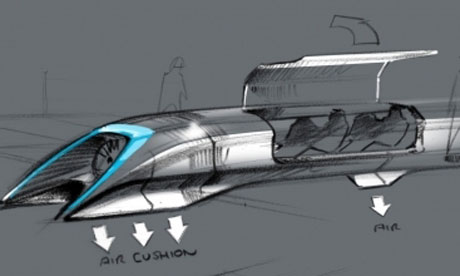AC: Well, he’s the absolute opposite. He was a NASA engineer, and his dark vision is an engineer’s vision. It’s a machine vision of the world. It’s not about biology. It’s a self-correcting machine that doesn’t care for us mere humans. It’s actually a piece of science fiction for a generation of middle-class liberals who know that their project failed. I mean, this is the other thing we haven’t talked about, which I’ve never really made a film about, because I don’t know how to do it. By the early ‘70s, the postwar middle classes and the early hippies in this country who had originally thought that you really could change the world for the better, become totally pessimistic, almost apocalyptic. Looking at all this, it’s always puzzled me that one of the most privileged, pampered generations in the history of the world can go from optimism to pessimism so quickly. And I still haven’t worked out quite why they’ve done it. Someone like Lovelock produces beautiful pieces of science fiction that both express and seem to scientifically justify that shift towards a dark pessimism that says we don’t even matter as human beings. We’re nothing. It’s as if they became depressed. I think there is some truth in the argument that they’re a generation of total narcissists, and now that they are growing old and facing death, they can’t even conceive of their own death. Instead, they project their own coming death onto the world. They say, I’m not going to die, it’s the world that’s going to die.
HUO:And this is an earlier generation.
AC: Yes, it’s the generation before mine. They’re basically heroes of their time, a time that believed in self-expression as almost a public duty. They are individualists who believe that self-expression is the most important thing. This means that what you feel inside yourself, inside you head, is the most important thing in the world. But if the world is all in your head, then when you die, the world dies with you—it ceases to exist, because you can’t express yourself. Because narcissists don’t have anything beyond themselves, apart from their children, which is why these people are obsessed with their children—they don’t have a trade union or a political party or religion. They know these people will go on beyond their death, but they won’t. On the other hand, people like me who were brought up by old socialists, although I’m not a socialist, what it did instill in me is a strong belief that you work towards something that will go on beyond your own death. I mean, that’s really what you’re put on this world to do.


